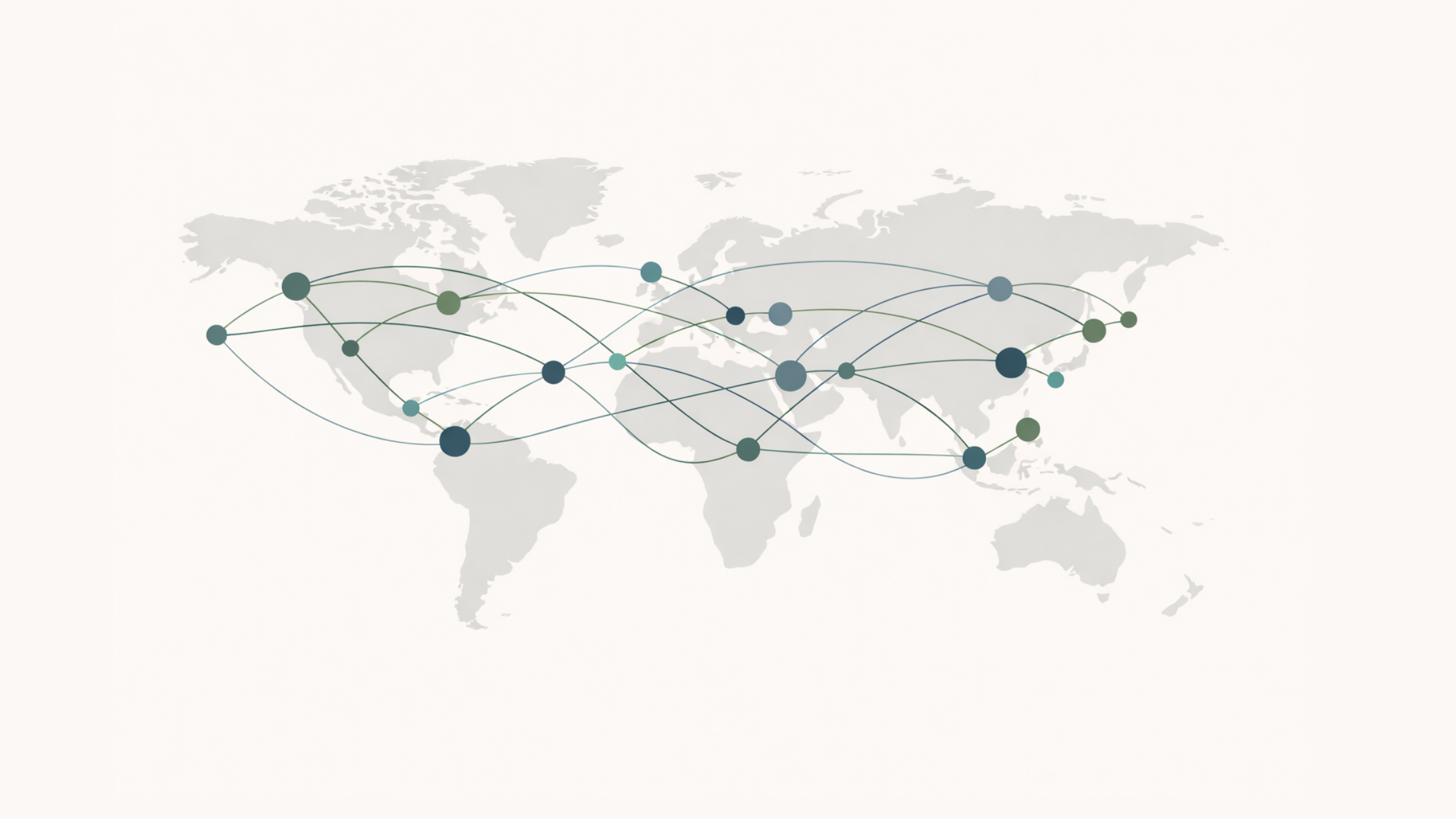By Bahar Gidwani
This post is the latest in Crowds of Ratings, a series originally published through Triple Pundit.
In theory, governments know a lot about company social and sustainability performance. Around the world, companies are asked (forced?) by governments to report on their own behavior. Companies generate tax info; data on employment, salaries, and employee benefits; information about the water and waste that they produce; and reports on consumer complaints, product defects, and safety tests.
Unfortunately, most of this data seems to end up buried deep in the back offices of various bureaucracies. As a result, there are relatively few government sources that can be used in a CSR ratings engine like CSRHUB—and those that do exist are hard to use or incomplete. For instance:
- The US Department of Defense publishes a list of its top contractors. The list is more complete than it used to be—it used to only give the top 100 names. Still, many other companies besides these sell to the DOD and it is quite possible that a company you are interested in has a small division that makes weapons or provides services to the Pentagon. Other country defense departments don’t offer more—the folks at SIPRI put a lot of effort into creating their list of top world military contractors.
- Pollution information should be easy to get, right? The EPA gets reports on toxic spills, emissions, and lots of other interesting things. But the only data we’ve been able to find that is publicly available, easily accessible, and in a format that is easily “ingested”, is a list set up using EPA data by the University of Massachusetts—the PERI Toxic 100 list.
- What about bad behavior by company executives? Shouldn’t the SEC and the Department of Justice have a long list of CEOs, CFOs, and company board members who have been convicted of insider trading, embezzlement, and other crimes? Nope. The only thing we’ve found like this is a list from the SEC of companies that it found had back-dated options.
- The UN has one organization that does a super job—the group that supports the UN Global Compact. They have been encouraging corporations, not for profits, and public bodies to study and report their internal processes for more than five years. Somewhere around 6,000 organizations have stated some level of commitment to the principals that are embodied in the Compact. This data is published via a database and is starting to be hooked up with other systems.
To be fair, many government agencies sponsor or produce useful reports, hold hearings, or otherwise reveal both good and bad corporate behavior. However, a lack of sophistication, poor transparency and coding mistakes, and an inability to sustain consistent data collection over time make most of the data governments gather pretty useless for rating CSR performance. We need mandated, publicly-disclosed “dual reporting” of social issues alongside financial issues. Until this happens, most government data will remain out of reach and effectively secret.
Bahar Gidwani is a Cofounder and CEO of CSRHUB. Formerly, he was the CEO of New York-based Index Stock Imagery, Inc, from 1991 through its sale in 2006. He has built and run large technology-based businesses and has experience building a multi-million visitor Web site. Bahar holds a CFA, was a partner at Kidder, Peabody & Co., and worked at McKinsey & Co. Bahar has consulted to both large companies such as Citibank, GE, and Acxiom and a number of smaller software and Web-based companies. He has an MBA (Baker Scholar) from Harvard Business School and a BS in Astronomy and Physics (magna cum laude) from Amherst College. Bahar races sailboats, plays competitive bridge, and is based in New York City.

.png)
